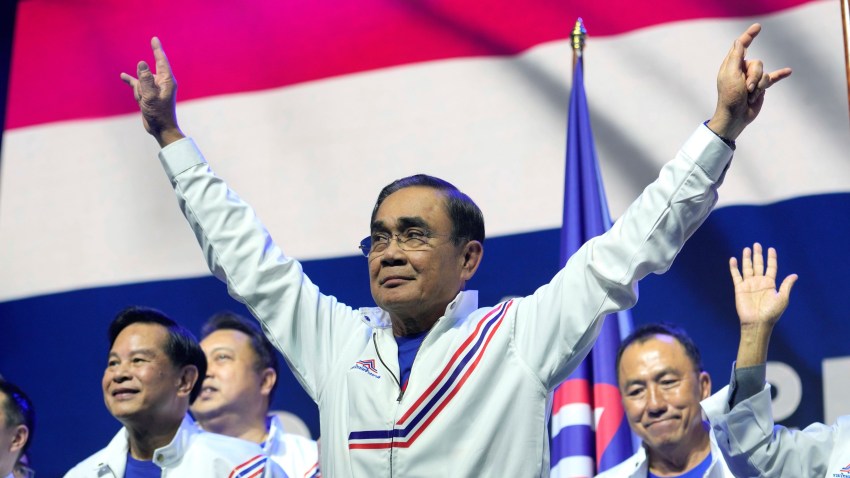Two weeks ago, Thai Prime Minister Prayuth Chan-ocha announced his intention to dissolve Parliament ahead of upcoming elections, which must be held no later than May. The move was seen by some observers as an effort to seek electoral advantage by the retired general who seized power in a military coup in 2014. His party is currently polling poorly ahead of the elections, which will cap a period of economic upheaval and political tensions in the country.
On the economic front, many observers expect Thailand to return to a relative state of normalcy in the coming year. The lifting of coronavirus travel restrictions around the world should resuscitate its once-golden tourism industry. Likewise, the shift of global supply chains away from China amid rising geopolitical tensions between Beijing and Washington should boost Thailand’s industrial sector.
But the question of what “normalcy” looks like on the political front is another question entirely. The past decade has seen a military coup led by Prayuth in 2014; the subsequent implementation of authoritarian measures designed to squash free expression and lawful assembly; a controversial election in 2019 that was marred by the disqualification of several opposition candidates; and boisterous pro-democracy demonstrations and protests against the Thai monarchy.

